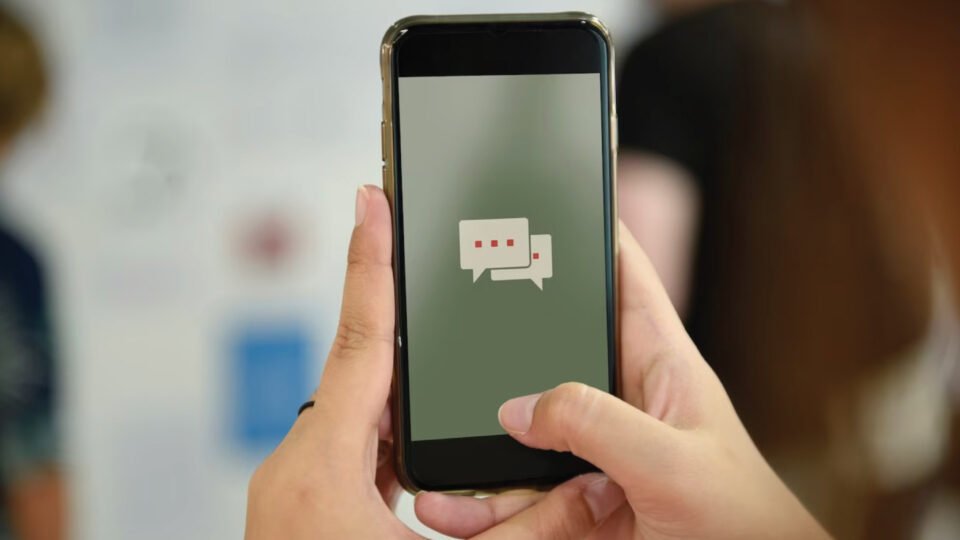Many medical practices (46%) already use chatbots on their websites to assess patient symptoms, but they aren’t advanced enough to treat patients yet, according to Software Advice’s latest survey.
AI advancements have ascended to the point of ChatGPT passing the U.S. Medical Licensing Exam, opening the door for practice integration and patient treatment. According to Software Advice’s 2023 Medical Chatbot Survey, nearly half of doctors (45%) believe ChatGPT is a valuable tool and 77% believe that AI-powered chatbots will be able to treat patients safely within the next 10 years.
Today’s chatbots are mostly used for admin work at medical practices, and they are great at automating work. The three most common patient uses for medical chatbots include scheduling appointments (72%), requesting prescription refills (66%), and providing requested data like medical history (63%). A notable 46% of chatbots are currently being used to assess symptoms and determine whether a patient needs immediate assistance or can wait for an appointment, but we predict this number will grow rapidly in the next few years.
Medical chatbots are highly effective for doctors and staff. In fact, 68% of users report a positive ROI for their chatbots, and 55% of practices that use them for patient self-scheduling are saving at least an hour each week by doing so.
Only a quarter of practices currently use AI-based chatbots that aren’t as advanced as ChatGPT. With this level of satisfaction from existing medical chatbots, future iterations of generative AI and the potential for ChatGPT functionality is especially compelling.
While doctors currently favor chatbots for administrative work, that’s likely to change. When the time comes to enhance AI integrations, doctors will still need to oversee treatment, but will greatly benefit from diagnosis assistance.
“Right now, nearly half of practices are using chatbots to assess patient symptoms,” says Lisa Morris, an associate principal healthcare tech analyst at Software Advice. “As AI learning develops, this percentage is expected to go up. The next step is more ubiquitous use of AI chatbots as triage tools to sort urgent and non-urgent cases, which will result in better management of the demands on doctors’ time and attention.”
Generative AI cannot replace doctors as it still needs a qualified human to double-check its work before execution, so there’s a healthy amount of skepticism that should be involved. Still, future AI iterations will be a great partner for doctors and patients. Medical practices should look into upgrading their current chatbot and keep an eye out for vendors who end up integrating ChatGPT-esque functionality.
View the full report on Software Advice to learn more about how chatbots can help grow your medical practice.
Visit AITechPark for cutting-edge Tech Trends around AI, ML, Cybersecurity, along with AITech News, and timely updates from industry professionals!

